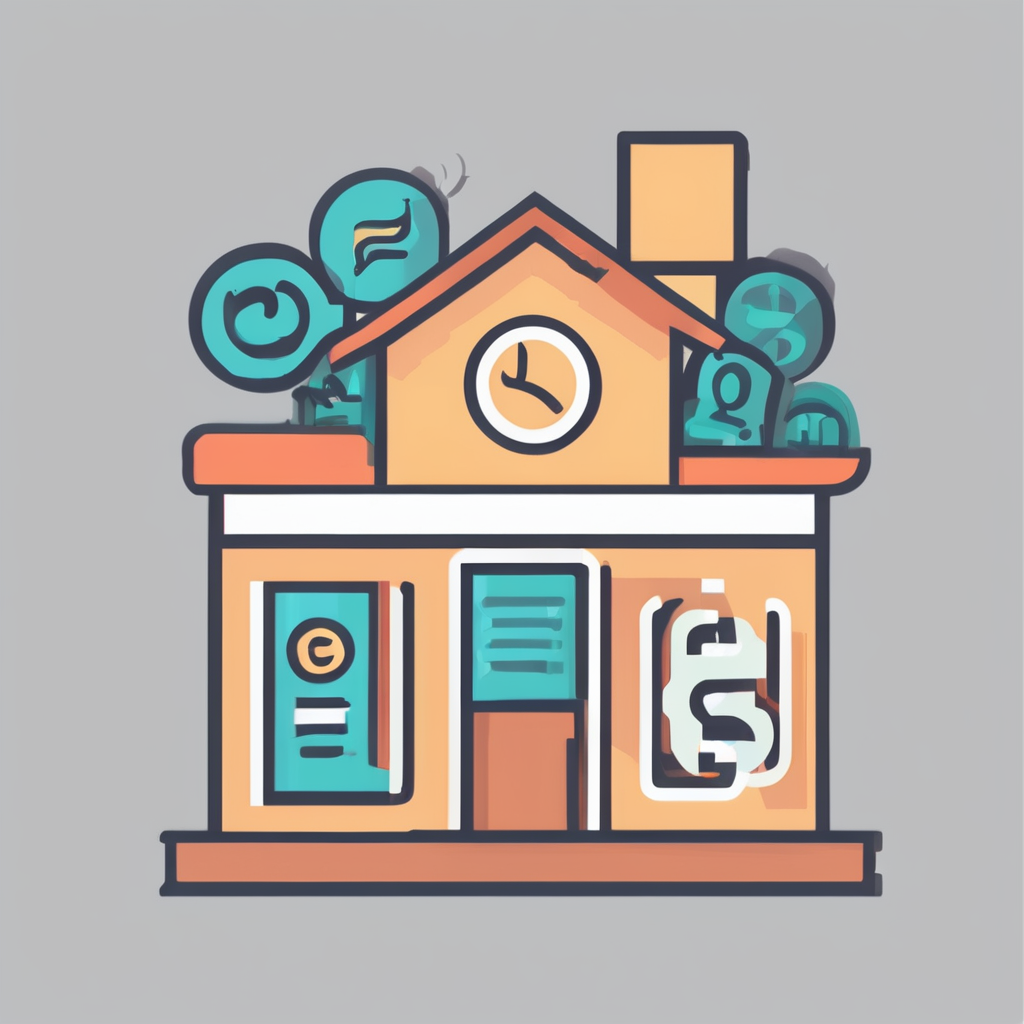Navigating the landscape of mortgages can be daunting, especially with all the options you have. In the UK, two common types of mortgage products stand out: fixed-rate and variable-rate mortgages. Understanding the distinctions between these options is essential for making informed decisions about your home financing. This article will delve into the nuances of each type of mortgage, helping you comprehend which might best suit your financial situation. We will explore how they differ in terms of interest rates, payments, and overall strategies for managing your mortgage over time.
Understanding Fixed-Rate Mortgages
Fixed-rate mortgages offer stability and predictability for homeowners. When you secure a fixed-rate mortgage, your interest rate remains unchanged throughout the entire term of the loan, which can typically range from 2 to 10 years or even longer. This means your monthly payments will remain constant, making budgeting easier for the life of your mortgage. You don’t have to worry about fluctuations in the market affecting your interest payments.
Additional reading : What are the advantages of investing in real estate investment trusts (REITs) in the UK?
One of the main advantages of a fixed-rate mortgage is the peace of mind it provides. If you lock in a rate during a period of low interest rates, you will benefit from that rate even if the market changes. For example, if the Bank of England raises the base rate, your fixed rate will stay intact. This stability can be particularly comforting during times of economic uncertainty.
However, the trade-off for this certainty is that fixed-rate mortgages often come with higher initial rates than variable-rate options. Lenders charge more for this stability, and borrowers may face penalties for overpaying or exiting the loan early. Therefore, before committing to a fixed-rate deal, it’s essential to consider how long you plan to stay in your home and whether you might want to pay off your loan sooner than expected.
Also to discover : How can you minimize risks associated with property investment in the UK?
Exploring Variable-Rate Mortgages
Variable-rate mortgages provide a different approach to managing your home loan. Unlike fixed-rate options, the interest rates on these mortgages can change over time, typically in reaction to the Bank of England’s base rate. This means your monthly payments can fluctuate, depending on the market conditions and your lender’s policies.
There are several types of variable-rate mortgages, such as tracker mortgages and standard variable rate (SVR) mortgages. Tracker mortgages follow the base rate plus a specific percentage, which means that if the base rate increases, so does your mortgage rate. On the other hand, SVRs are set by lenders and can change at their discretion, which means they can rise or fall based on factors beyond just the base rate.
One of the main benefits of choosing a variable-rate mortgage is the potential for lower initial rates compared to fixed deals. With a variable deal, you could benefit from lower payments if the base rate decreases. However, the downside is that your payments can increase if the rates go up, which may create financial stress, especially if you are on a tight budget.
In summary, while variable-rate mortgages can offer attractive rates in the short term, they come with the risk of uncertainty regarding future payments. Homeowners need to consider their financial situation and risk tolerance when deciding if a variable-rate product is right for them.
Comparing Stability and Flexibility
When deciding between a fixed-rate and a variable-rate mortgage, it’s crucial to weigh the concepts of stability and flexibility. A fixed-rate mortgage offers the safety of knowing precisely what your monthly outgoings will be, allowing for straightforward budgeting. This is particularly appealing for those who value predictability in their finances.
On the flip side, variable-rate mortgages offer the opportunity to take advantage of potentially lower rates, especially in a declining interest rate environment. For instance, if the base rate decreases, your payments may also go down, providing some financial relief. However, this flexibility comes at the risk of unpredictability, which could lead to higher costs down the road.
The ideal choice largely depends on personal circumstances. For example, if you are a first-time buyer with a limited budget, a fixed-rate mortgage might be the safer bet to ensure you do not exceed your monthly financial commitments. Alternatively, if you are comfortable with the possibility of change and wish to benefit from potentially lower rates, a variable product may suit your needs better. Understanding your financial goals and how long you intend to stay in your home can help determine the most appropriate option.
Market Conditions and Your Mortgage Decision
The current market conditions profoundly influence the decision between a fixed-rate and a variable-rate mortgage. As of December 2024, economic factors such as inflation rates, the economic outlook, and Bank of England policies play pivotal roles in shaping mortgage rates.
In an environment where the Bank of England is likely to increase the base rate to combat inflation, locking in a fixed-rate mortgage may be advantageous. Conversely, if the economic outlook is stable with a potential for lower base rates, opting for a variable-rate mortgage could save you money in interest payments.
It is also essential to keep an eye on broader market trends. If you notice that lenders are increasing their standard rates or if there are signs of rising demand in the housing market, it may be prudent to act quickly and secure a fixed rate. Conversely, a competitive lending environment with lower average rates could present a good opportunity for variable-rate options.
You should also consider your personal situation. Are you planning to move in a few years? Do you have the financial cushion to manage potential increases in monthly payments? By assessing your circumstances against the backdrop of the current market conditions, you can make a more informed decision regarding your mortgage type.
Choosing between a fixed-rate and a variable-rate mortgage involves careful consideration of your financial situation and the broader economic context. Fixed-rate mortgages provide predictability, making them suitable for those who prefer stability in their monthly obligations. In contrast, variable-rate mortgages offer flexibility, which can be beneficial if you are willing to embrace some risk for the chance of lower payments.
Ultimately, the decision hinges on individual preferences, financial health, and market dynamics. By thoroughly researching and understanding the unique features of each mortgage type, you are better equipped to select the mortgage that aligns with your needs. Always remember to consult with a mortgage advisor or financial expert to navigate these important choices effectively.











